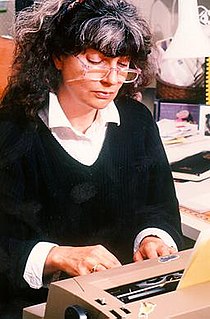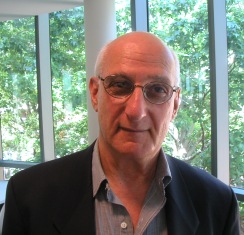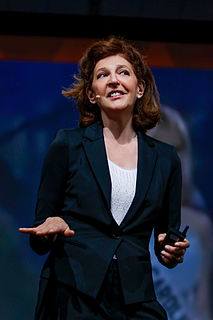A Quote by Henry David Thoreau
A journal is a repository for all those fragmentary ideas and odd scraps of information that might otherwise be lost and which some day might lead to more "harmonious compositions."
Related Quotes
Otherwise I got out of bed on two strong legs. It might have been otherwise. I ate cereal, sweet milk, ripe, flawless peach. It might have been otherwise. I took the dog uphill to the birch wood. All morning I did the work I love. At noon I lay down with my mate. It might have been otherwise. We ate dinner together at a table with silver candlesticks. It might have been otherwise. I slept in a bed in a room with paintings on the walls, and planned another day just like this day. But one day, I know, it will be otherwise.
Antique art has come down to us in a fragmentary condition, and we have virtuously adapted our taste to this necessity. Almost all our favorite specimens of Greek sculpture, from the sixth century onward, were originally parts of compositions, and if we were faced with the complete group in which the Charioteer of Delphi was once a subsidiary figure, we might well experience a moment of revulsion. We have come to think of the fragment as more vivid, more concentrated, and more authentic.
Plot involves fragmentary reality, and it might involve composite reality. Fragmentary reality is the view of the individual. Composite reality is the community or state view. Fragmentary reality is always set against composite reality. Virginia Woolf did this by creating fragmentary monologues and for a while this was all the rage in literature. She was a genius. In the hands of the merely talented it came off like gibberish.
Fiction, with its preference for what is small and might elsewhere seem irrelevant; its facility for smuggling us into another skin and allowing us to live a new life there; its painstaking devotion to what without it might go unnoticed and unseen; its respect for contingency, and the unlikely and odd; its willingness to expose itself to moments of low, almost animal being and make them nobly illuminating, can deliver truths we might not otherwise stumble on.
In the split-second before someone prepares to answer a question, he will consciously or subconsciously evaluate what the best possible answer might be. For a truthful person, the best possible answer might omit some information. It might have a few extraneous details. But it will still offer the information requested.
As soon as I arrived in the Indies, in the first island which I found, I took some of the natives by force, in order that they might learn and might give me information of whatever there is in these parts. And so it was that they soon understood us, and we them, either by speech or by signs, and they have been very serviceable.
My reason for fixing them in office for a term of years, rather than for life, was that they might have an idea that they were at a certain period to return into the mass of the people and become the governed instead of the governors which might still keep alive that regard to the public good that otherwise they might perhaps be induced by their independence to forget.



































